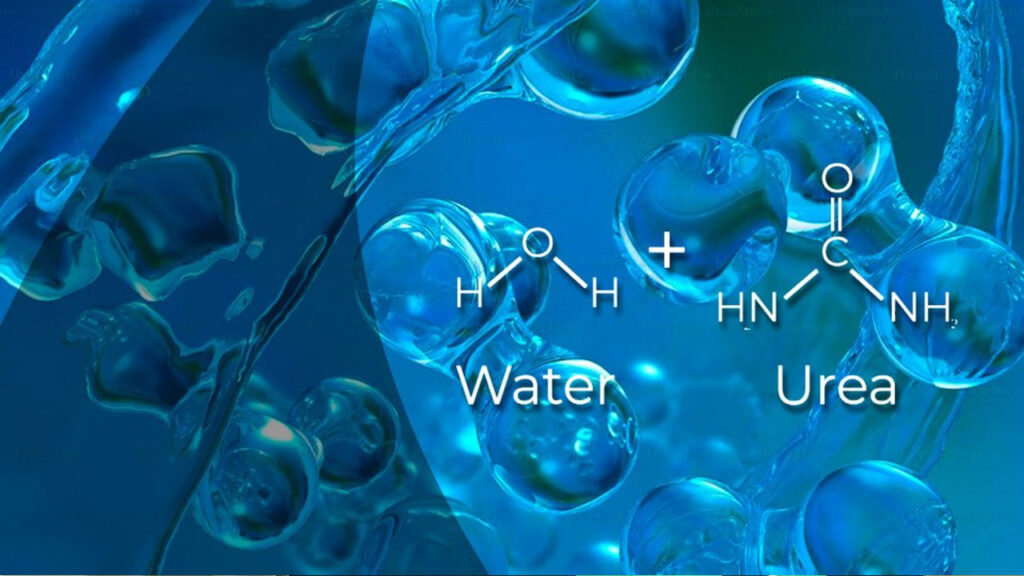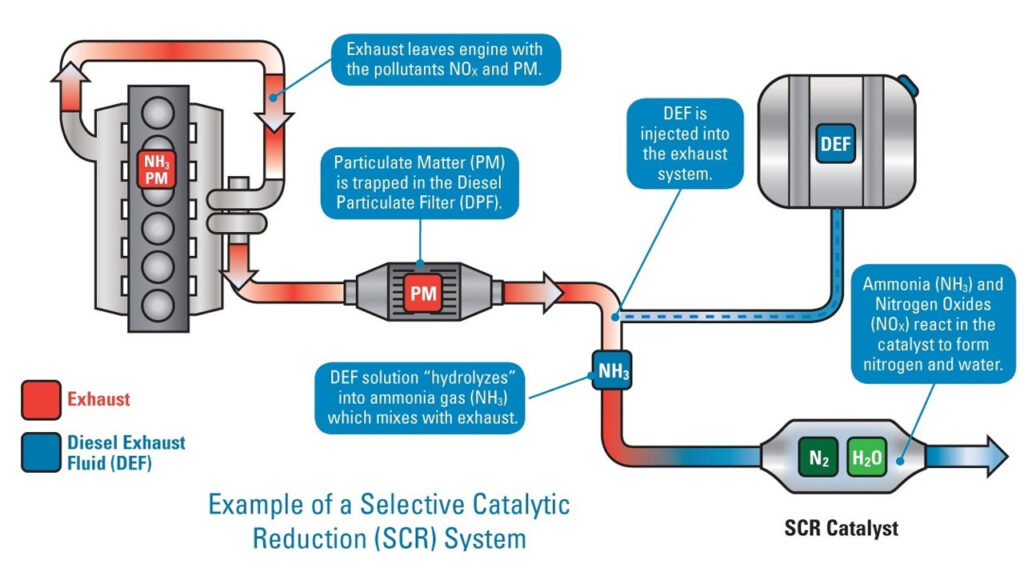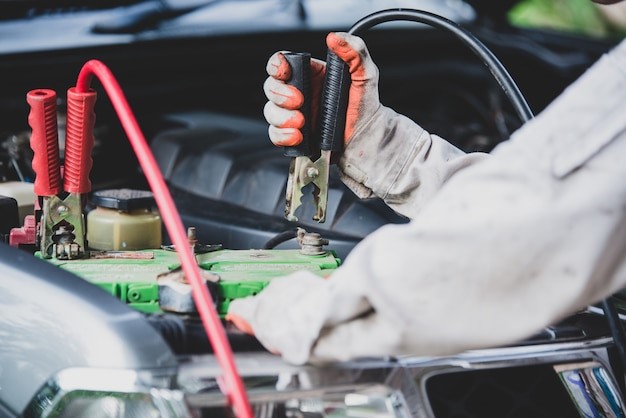Do you know how important it is to keep everything running right and meeting rules on the road? What it is actually to manage a fleet? One key part of that is DEF fluid. What is DEF Fluid? DEF stands for Diesel Exhaust Fluid.
If you own diesel trucks, you must be familiar with def flow. It helps lower pollution from diesel engines and keeps your vehicles within emissions standards. Moreover, using DEF can also help your trucks use fuel better and protect the engine over time.
If you are a reader, not a user, you may still wonder what it does, why it matters, and what happens if you run out. In this guide, we’ll explain what DEF is, what it’s made of, and how it helps keep your diesel vehicles running clean and strong.
Importance of DEF Fluid in Diesel Engines
These days a wide variety of vehicles use diesel engines. Diesel vehicles have become increasingly popular over the last ten years. It has various advantages as compared to gasoline engines. Urea and deionized water are the ingredients of DEF. It doesn’t include any additional chemicals such as corrosion inhibitors or antifreeze.
This is due to its sole function is to reduce emissions it does not enhance engine performance or safeguard engine components. To stay on the road and avoid expensive repairs diesel engine owners—especially those who oversee trucks or fleets—must understand DEF.
Reducing Nitrogen Oxide (NOx) Emissions
Nowadays trucks, buses, and other heavy-duty vehicles use DEF. Excessive NOx inhalation can cause lung and heart issues. It also contributes to acid rain and smog. Diesel engines emit less carbon dioxide (CO2) but because they operate at higher pressures and temperatures, they also produce more NOx.
Therefore, truck manufacturers fleet owners, and health experts have made lowering NOx a top priority. Selective Catalytic Reduction is a system that is one of the best ways to reduce NOx emissions in diesel engines (SCR). Diesel Exhaust Fluid is the special fluid used in this system (DEF).

When heated urea is transformed into ammonia which subsequently reacts with the exhaust’s NOx. Hazardous gases are converted into environmentally safe nitrogen and water by this reaction.
This maintains diesel engines robust and effective while assisting automobiles in adhering to stringent emission standards. If you own or operate a diesel engine you should know how DEF helps lower NOx. It supports a cleaner future keeps your cars within the law and helps preserve the air we breathe.
The Role of DEF in Selective Catalytic Reduction (SCR) Systems
DEFs function in systems that use selective catalytic reduction (SCR). Diesel engines can operate more efficiently and comply with strict emission regulations, thanks to this procedure. SCR systems enable engines to operate at elevated pressures and temperatures.
The engine burns fuel more thoroughly under these circumstances. Lowering NOx frequently resulted in poorer combustion performance in older systems. However, engines can continue to operate well while lowering pollution.

A major advantage of SCR with DEF is improved fuel efficiency. The engine consumes less fuel when combustion is more complete. In addition to saving drivers money, this lowers the quantity of carbon emissions into the atmosphere.
Additionally SCR and DEF keep the engines interior clean. Engine parts are protected because there is less soot and deposit accumulation. Better engine life longer intervals between services and fewer repairs are the results of this. All things considered DEF in SCR systems keeps diesel engines strong dependable and clean.
Consequences of Running Out of DEF Fluid
When the fluid level drops, a warning light typically illuminates if there isnt a gauge. These cautions must be heeded seriously. Carrying an extra jug or two of DEF in the back of your truck is a smart idea, if youre going on a lengthy trip.
When you need it some gas stations might not have it. Let’s now assume that after the DEF runs out you disregard the warnings and continue driving. Although it may not seem like much it is. The system in your truck won’t allow you to continue driving as usual.
The truck might initially restrict your speed to 50 mph. If DEF is still not added the truck may slow down even in this situation a Quick Fluid Delivery Service Can Help to get you out from these situations.
Until the DEF tank is refilled, you will be stranded on the side of the road. Verify your DEF levels frequently and keep an extra supply on hand especially for lengthy drives to prevent that.
How DEF Fluid Works to Create a Cleaner Environment
The DEF system helps reduce harmful emissions from diesel engines by utilizing both chemistry and technology. Knowing the system’s primary components aids in comprehending how it operates. The fluid is stored in the DEF tank which also maintains the proper temperature to prevent spoiling.
1. DEF Storage and Injected Into Exhaust Stream
The fluid is drawn from the tank by the DEF pump and sent to the injector which then injects the appropriate amount into the exhaust stream. The SCR catalyst is a unique chamber that facilitates chemical reactions.
2. Control System Managing DEF Fluid Levels
Moreover, there is a control system that ensures proper operation and checks fluid levels. The engine produces exhaust gases when it burns diesel fuel. The exhaust is treated with DEF before these gases exit the tailpipe. The exhaust heat aids in the breakdown of DEF into carbon dioxide and ammonia.
3. Converting NOx into Harmless Emissions
After that, the ammonia and the toxic NOx gases in the SCR catalyst react. Nitrogen and water vapor which are safe for the air are produced from this reaction from NOx. The majority of the dangerous gases are eliminated by the time the exhaust exits the tailpipe. A few factors are used by the system to add DEF.
4. DEF Fluid Consumption and Freezing Factors
The engine may produce more NOx and require more DEF if it is operating at a high load. Fast exhaust may require the system to inject DEF more quickly. DEF can freeze at 12°F (-11°C) during cold weather. As the engine warms up the fluid in the tank is warmed by a heater to prevent freezing.
5. Monitoring and Control
A warning will appear on the dashboard of the truck if the DEF level falls too low. The engine may lose power or speed until DEF is added again if the fluid runs out entirely. This contributes to pollution reduction and environmental protection.
Conclusion
Diesel exhaust fluid is essential to maintaining the efficiency, cleanliness, and compliance with emission regulations of diesel engines. It supports improved fuel efficiency, lessens harmful gas emissions, and shields the engine from harm. However, if you have faced any breakdowns and need repairs on the road, our experts at All 4 One Transportation and Roadside Assistance in Allenhurst GA know how important it is. We are therefore always available to provide knowledgeable guidance, assistance, and dependable roadside services when you need them most.




